Ferran Adrià reveals the secret to elBulli’s success at a new exhibition in Madrid
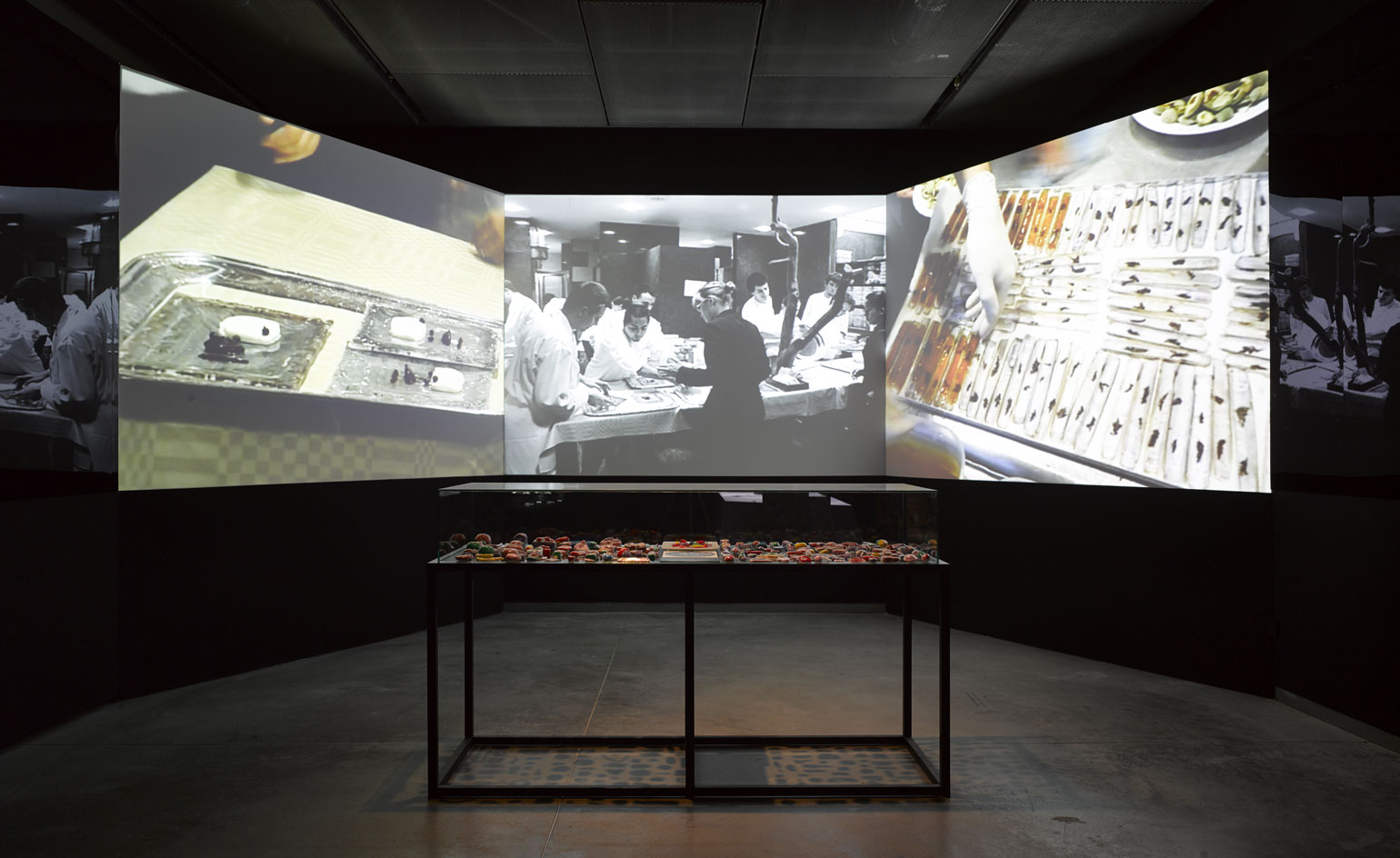
'I needed to understand what had taken us to where we were. I wanted to find out what was the real DNA of elBulli,' explains renowned Catalan chef Ferran Adrià. It is this theme that he seeks to explore with a new exhibition, 'Ferran Adrià: Auditing the Creative Process', which opens today at the Espacio Fundación Telefónica in Madrid.
The exhibition charts 25 years of elBulli's storied history, mapping out 'the peculiarities and evolution' of the restaurant's creative process. 'All I have done is look back analyse and every step we took,' explains Adrià. 'Once I thought I had the answers to my questions, I realised that they might be useful to others so it was time to share them.'
Over 1,000 pieces of ephemera such as photographs, drawings, models and workbooks are on display, alongside an impressive audiovisual piece showcasing all 1,846 dishes that Adrià created during his tenure at the restaurant.
'We got to a point where we were actually fighting against elBulli,' he says, recalling the moment when, almost three a years ago, he announced the closure of his internationally influential restaurant. 'The restaurant was no longer a real challenge. It was time to stop.'
The announcement came during the 2010 edition of Madrid Fusión – the world’s most important gastronomy event – to an astonished audience gathered at a press conference. But the man hailed as the greatest living chef - who redefined the limits of cooking - had a well-thought-out plan.
Adrià soon immersed himself in a mammoth research project that would eventually cumulate in this expansive show. He explains, 'It was all about creativity and innovation. That is what made us different. We cooked to surprise [guests], to shock them and to make them doubt.' To the show's visitors, however, there's no doubt that Adrià reimagined the language of cuisine.
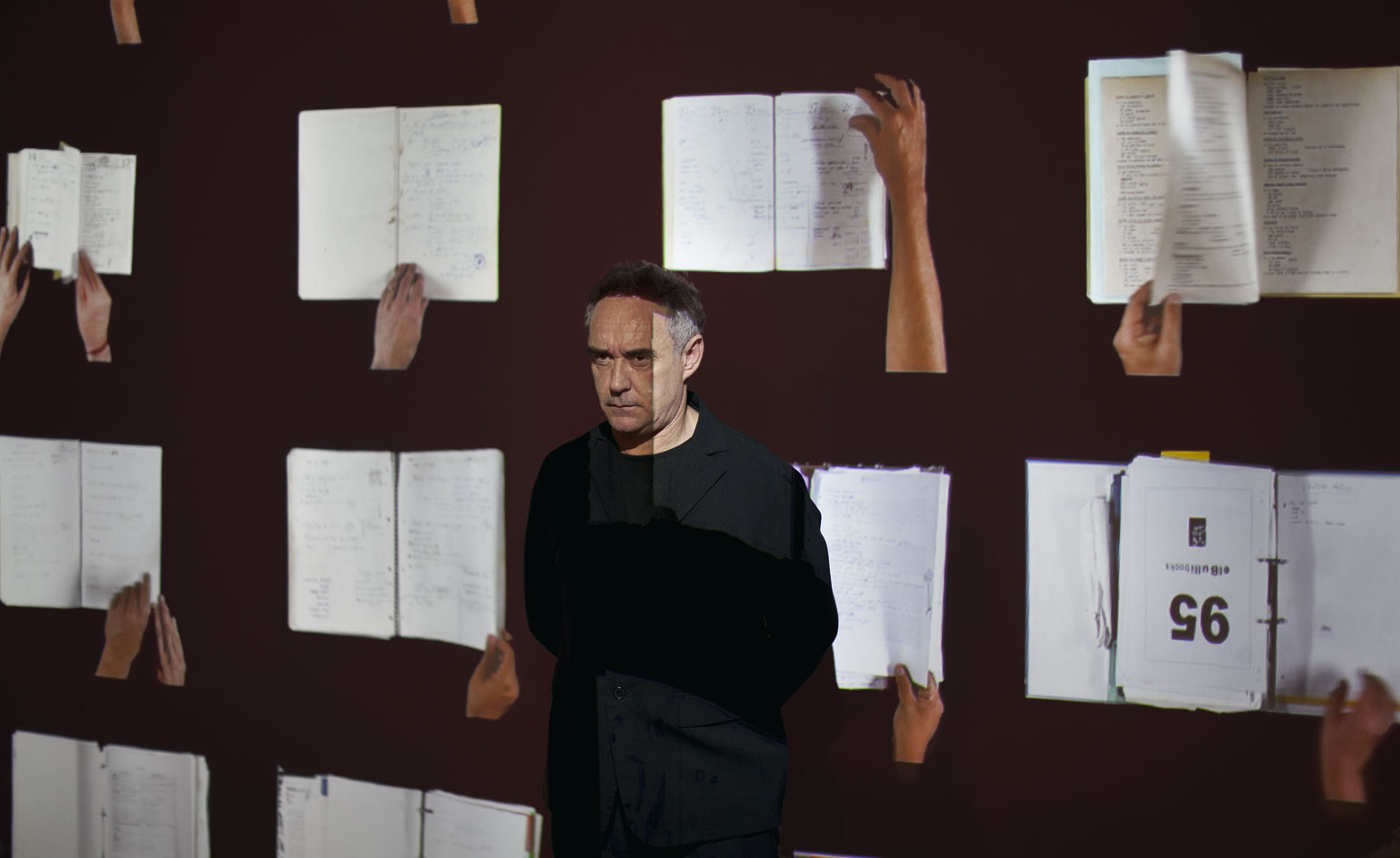
Curated by Adrià, pictured here in front of a projection of his various workbooks, the exhibition explores the creative practices behind the restaurant's phenomenal success.
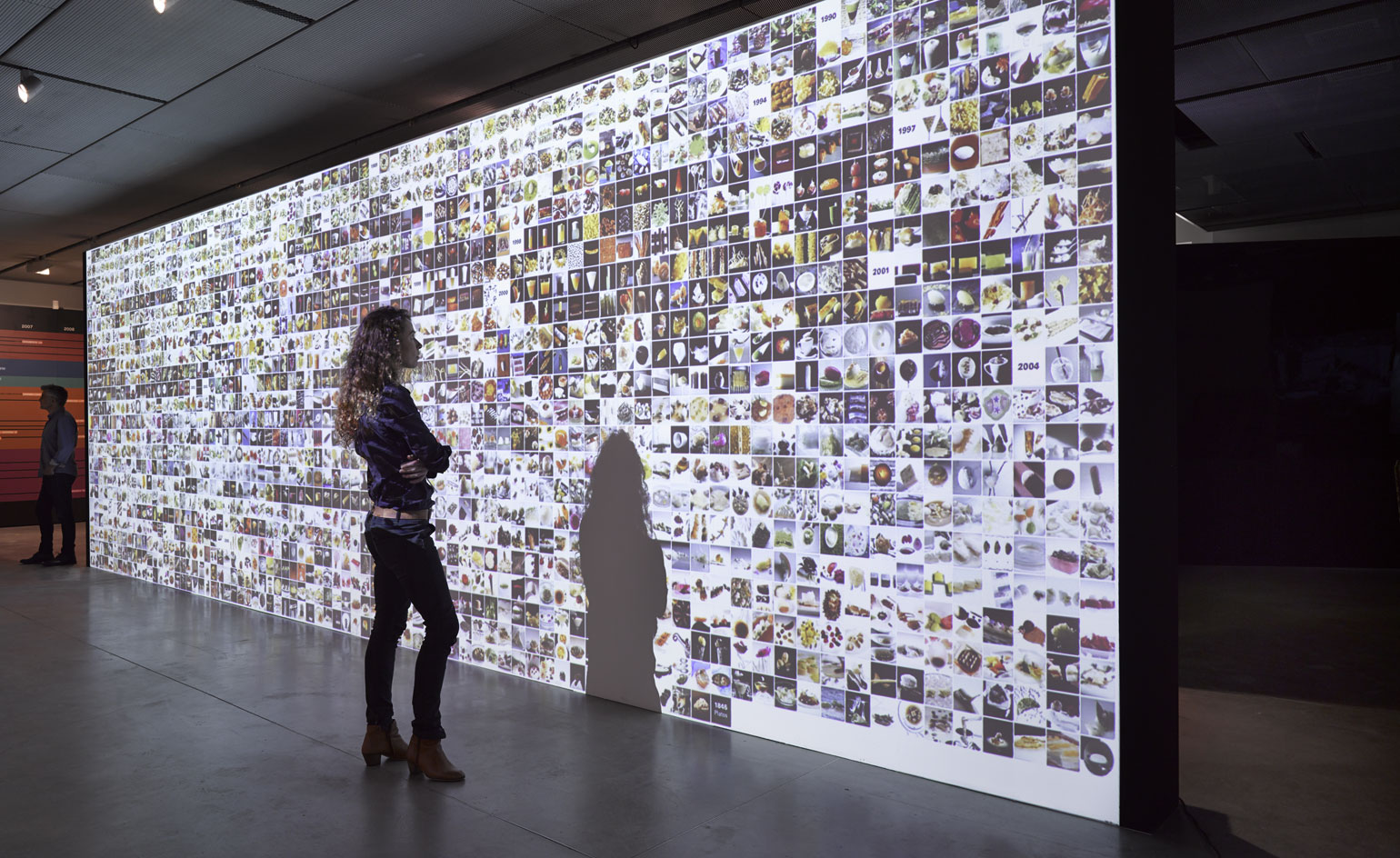
Over 1,000 pieces of ephemera such as photographs, drawings, models and workbooks are on display, alongside an impressive audiovisual piece showcasing all 1,846 dishes that Adrià created during his tenure at the restaurant.
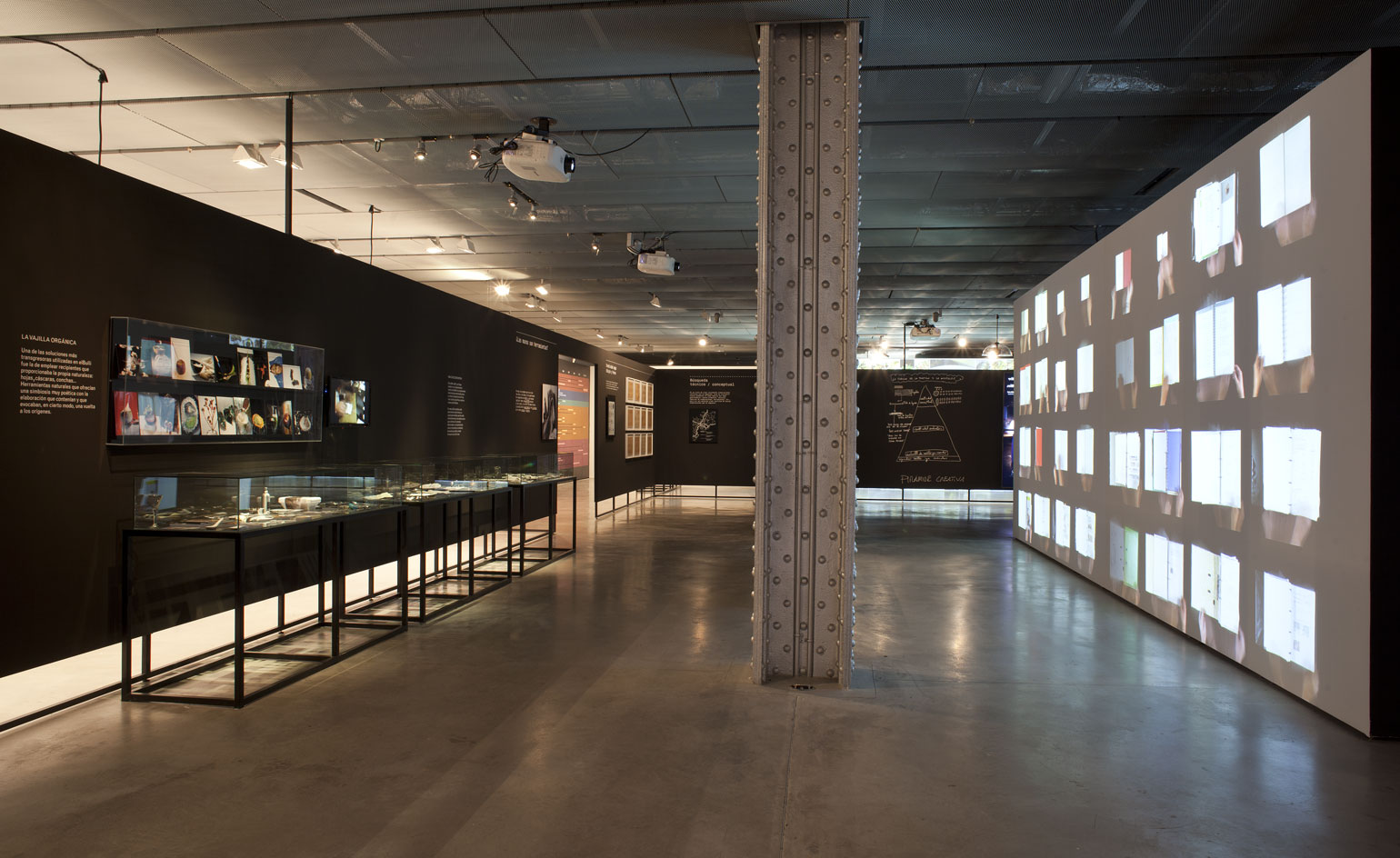
Covering 1000 sq m, Adrià has been researching for the expansive show since 2010, after announcing the planned closure of elBulli.
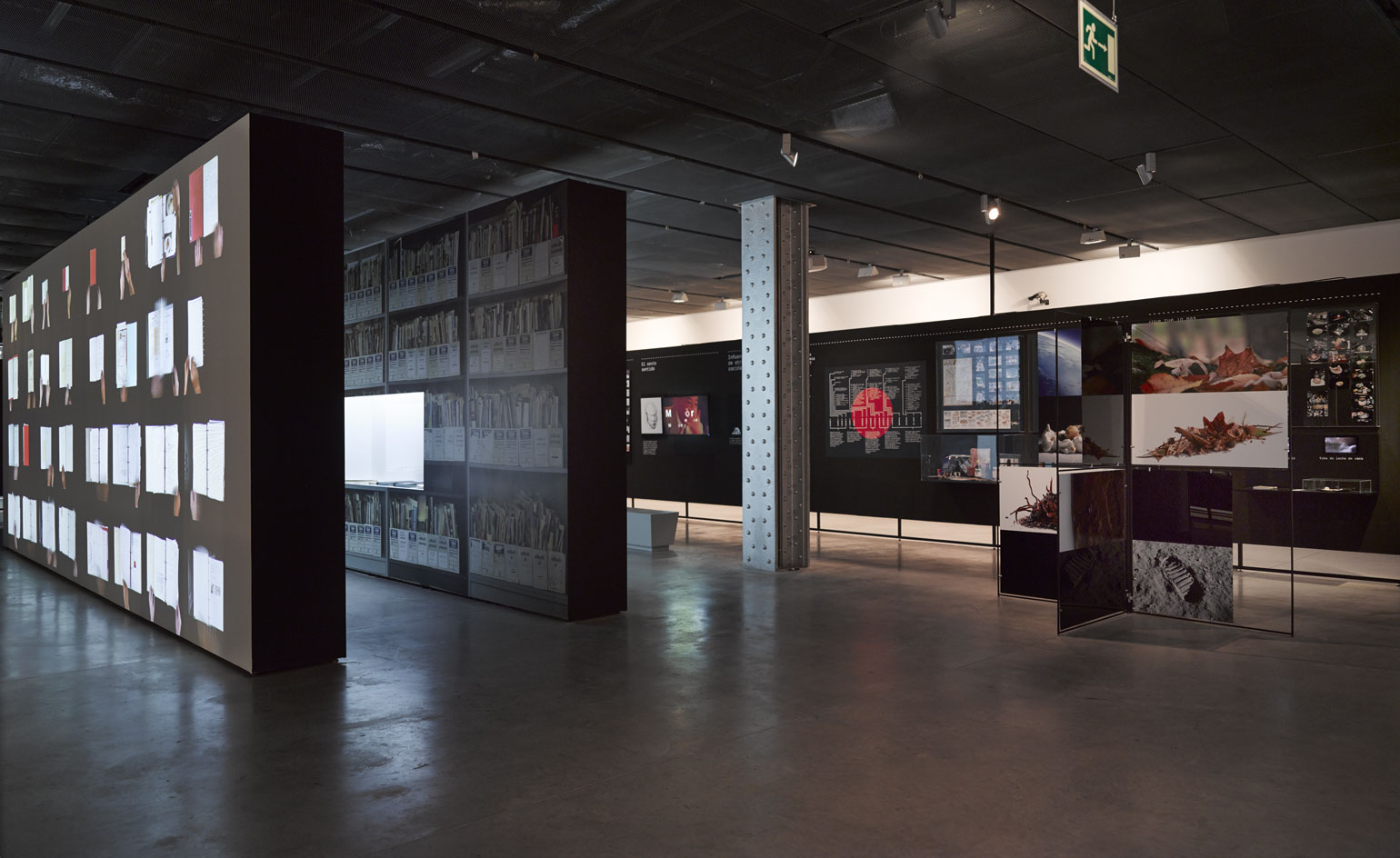
'It was all about creativity and innovation. That is what made us different,' says Adrià of his 23 years at the helm of the restaurant. 'We cooked to surprise [guests], to shock them and to make them doubt'.
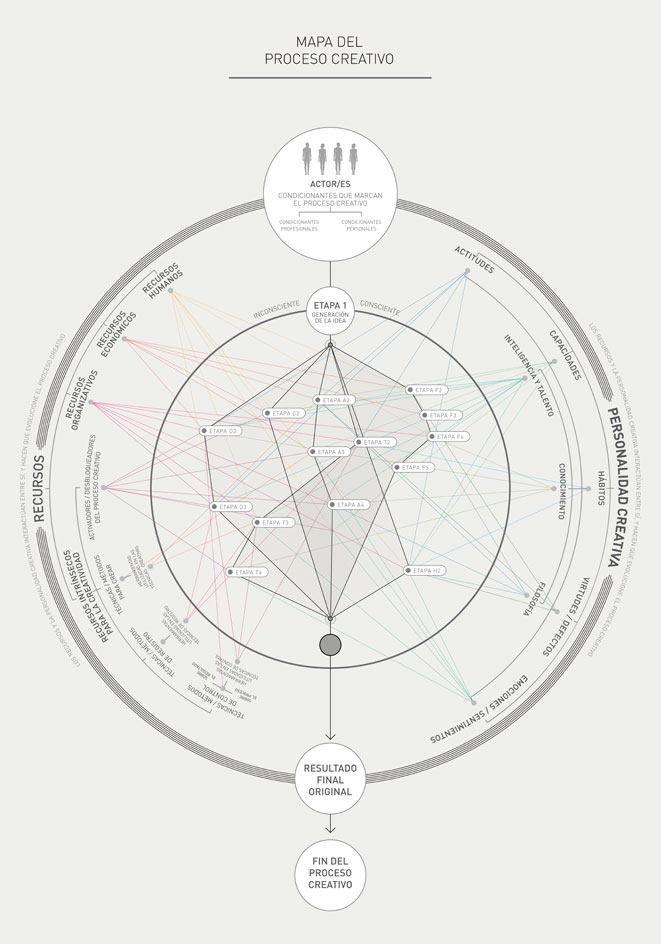
A graphic map outlines the restaurant's creative process
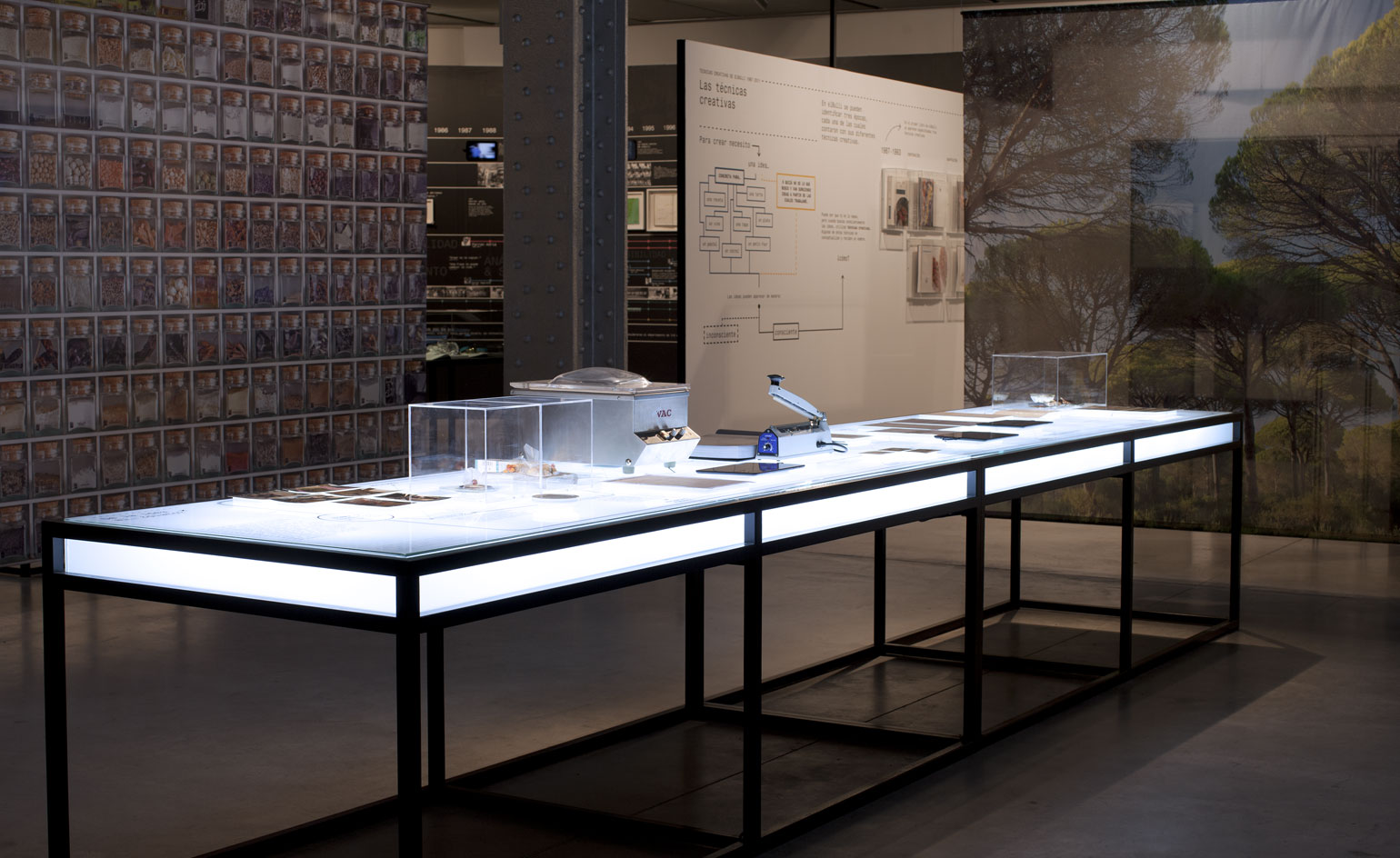
Explaining the concept behind the exhibition, Adrià says: 'I needed to understand what had taken us to where we were. I wanted to find out what was the real DNA of elBulli.'
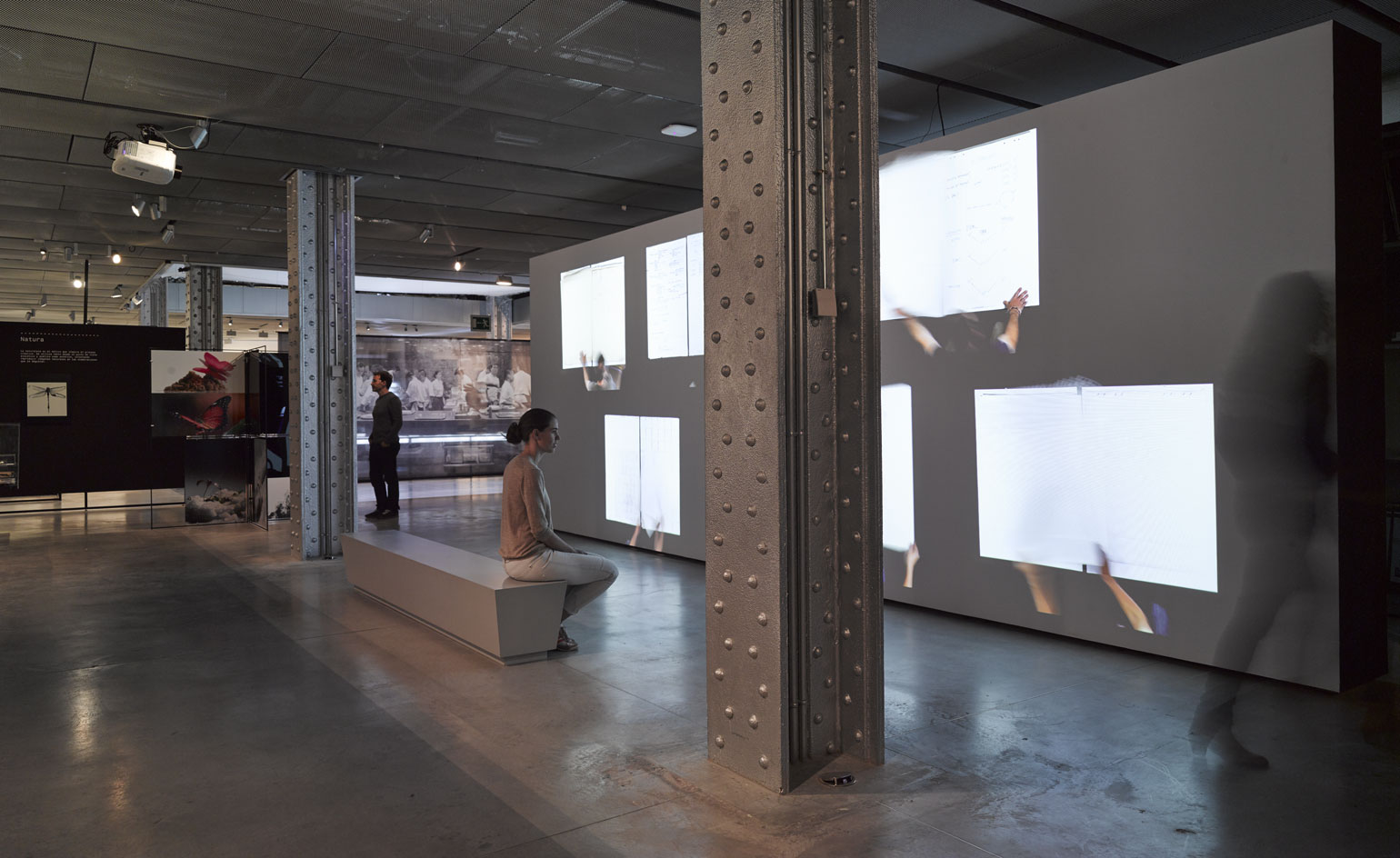
'Ferran Adrià: Auditing the Creative Process' runs until 1 March 2015.
ADDRESS
Espacio Fundación Telefónica
Gran Via, 28
Fuencarral street entrance, 3
28004, Madrid
Wallpaper* Newsletter
Receive our daily digest of inspiration, escapism and design stories from around the world direct to your inbox.
-
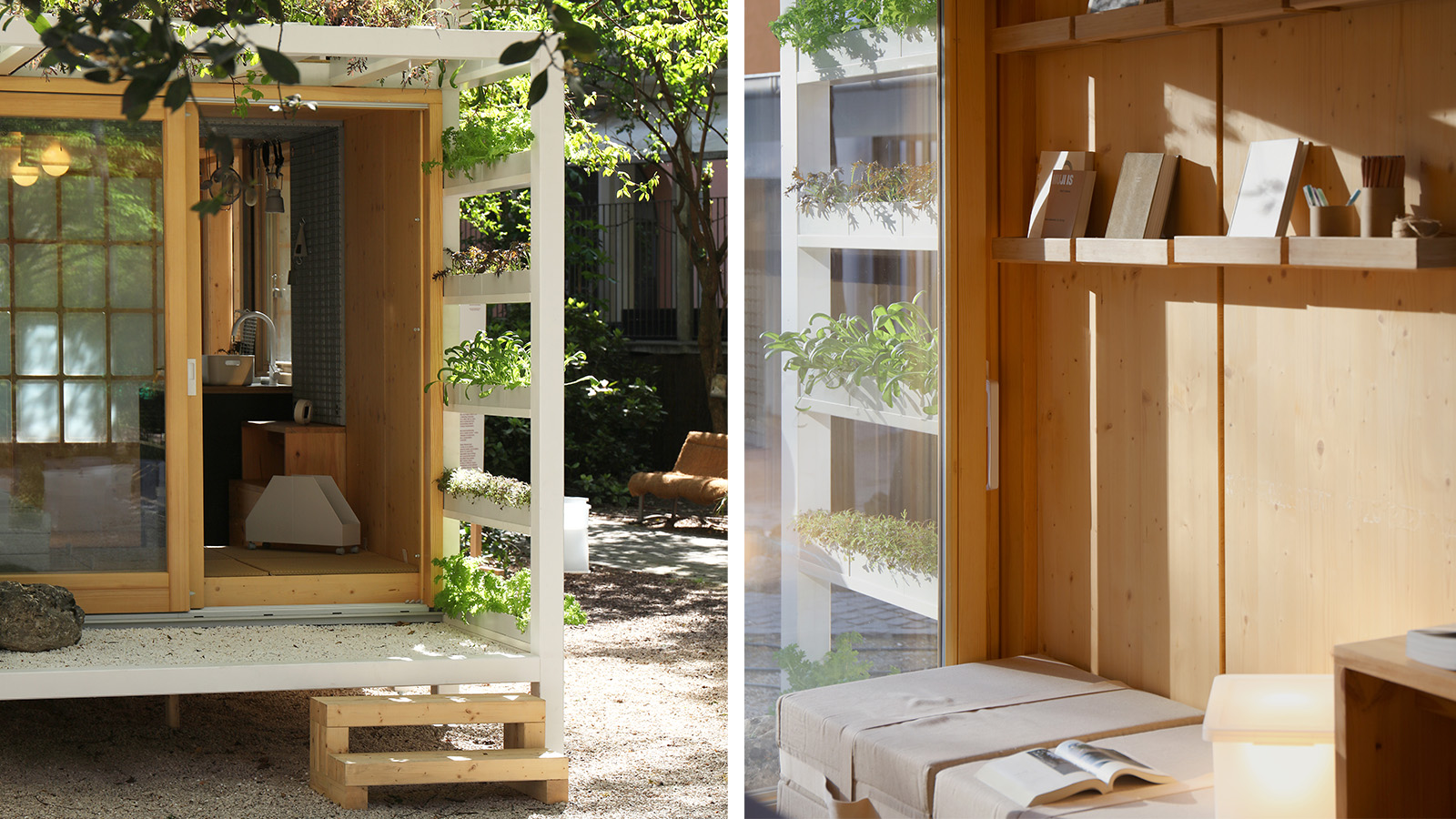 Japan in Milan! See the highlights of Japanese design at Milan Design Week 2025
Japan in Milan! See the highlights of Japanese design at Milan Design Week 2025At Milan Design Week 2025 Japanese craftsmanship was a front runner with an array of projects in the spotlight. Here are some of our highlights
By Danielle Demetriou
-
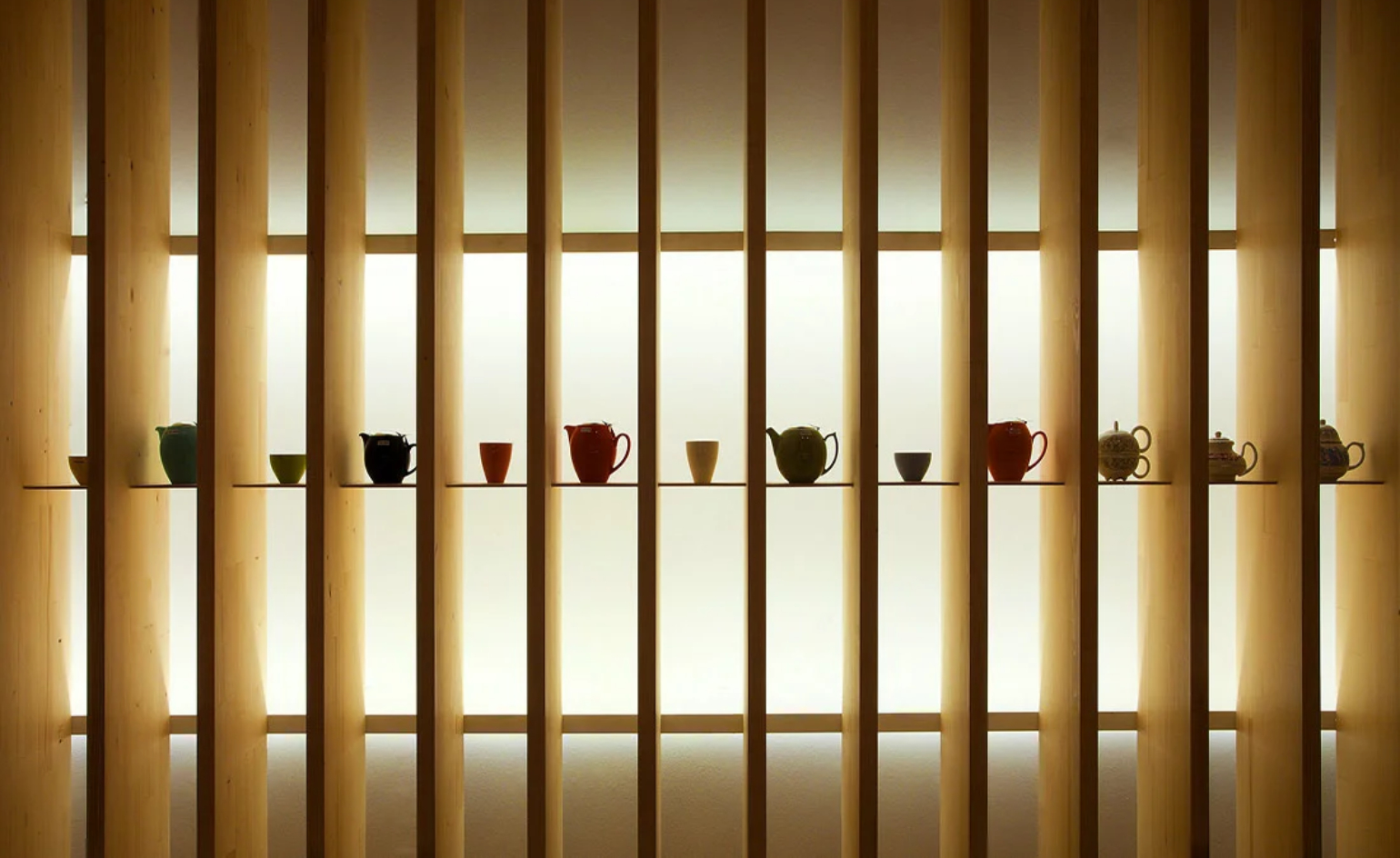 Tour the best contemporary tea houses around the world
Tour the best contemporary tea houses around the worldCelebrate the world’s most unique tea houses, from Melbourne to Stockholm, with a new book by Wallpaper’s Léa Teuscher
By Léa Teuscher
-
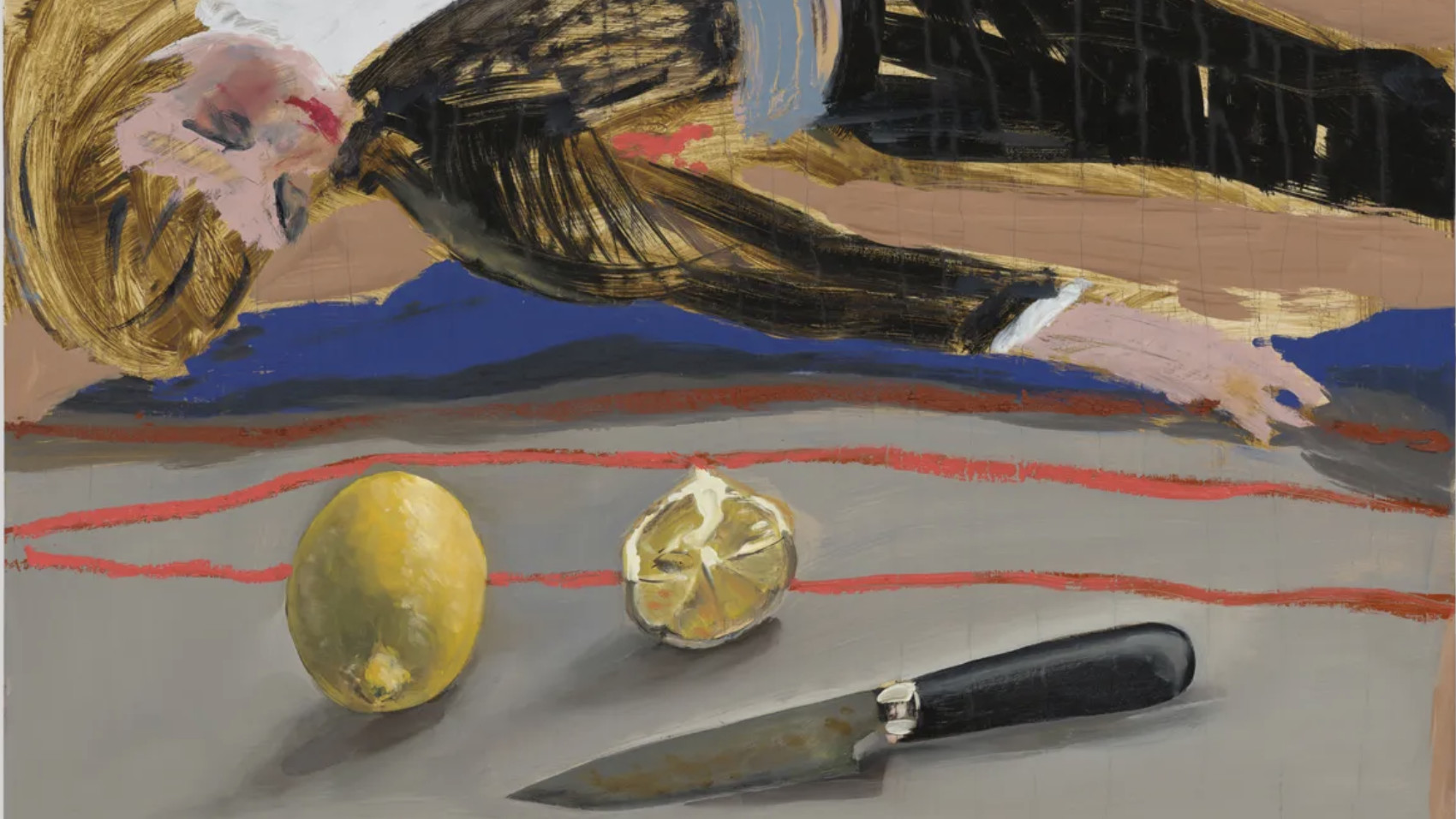 ‘Humour is foundational’: artist Ella Kruglyanskaya on painting as a ‘highly questionable’ pursuit
‘Humour is foundational’: artist Ella Kruglyanskaya on painting as a ‘highly questionable’ pursuitElla Kruglyanskaya’s exhibition, ‘Shadows’ at Thomas Dane Gallery, is the first in a series of three this year, with openings in Basel and New York to follow
By Hannah Silver